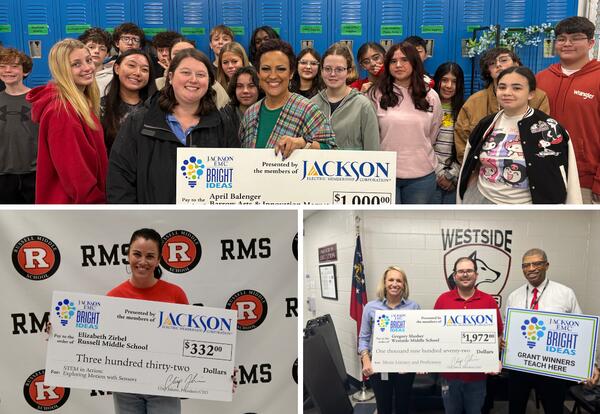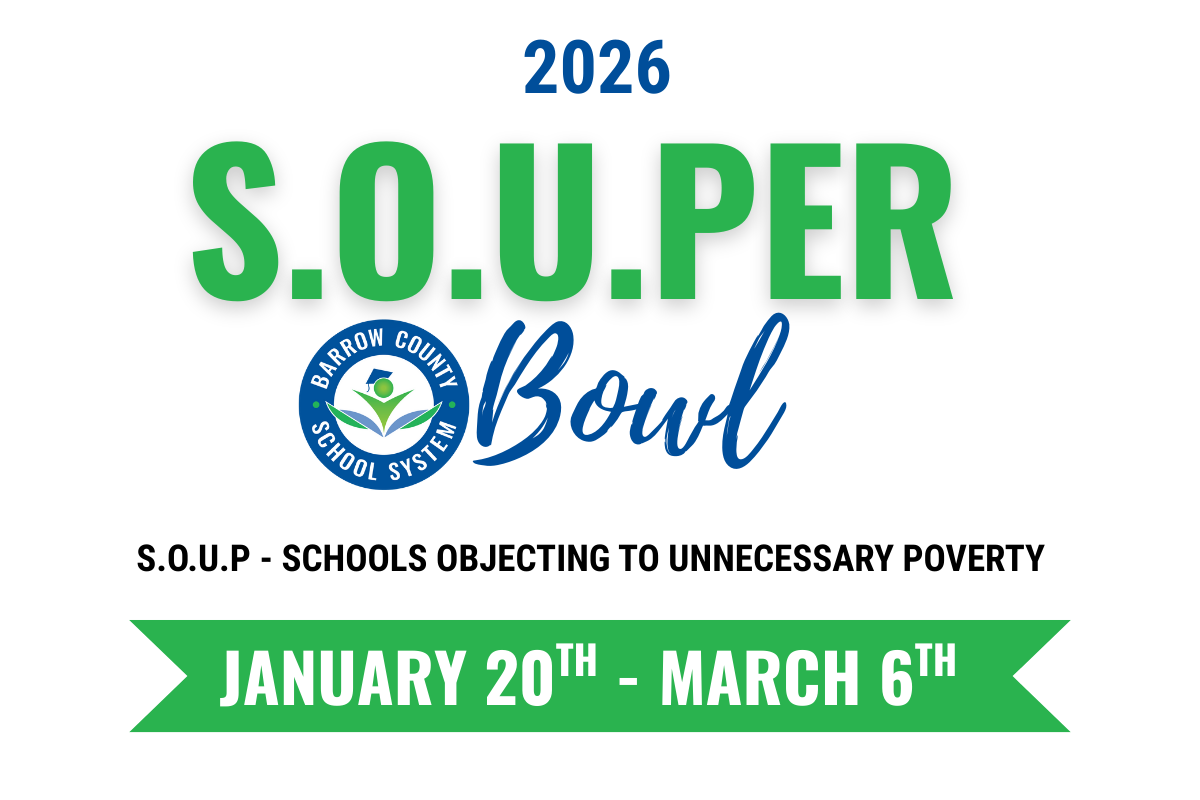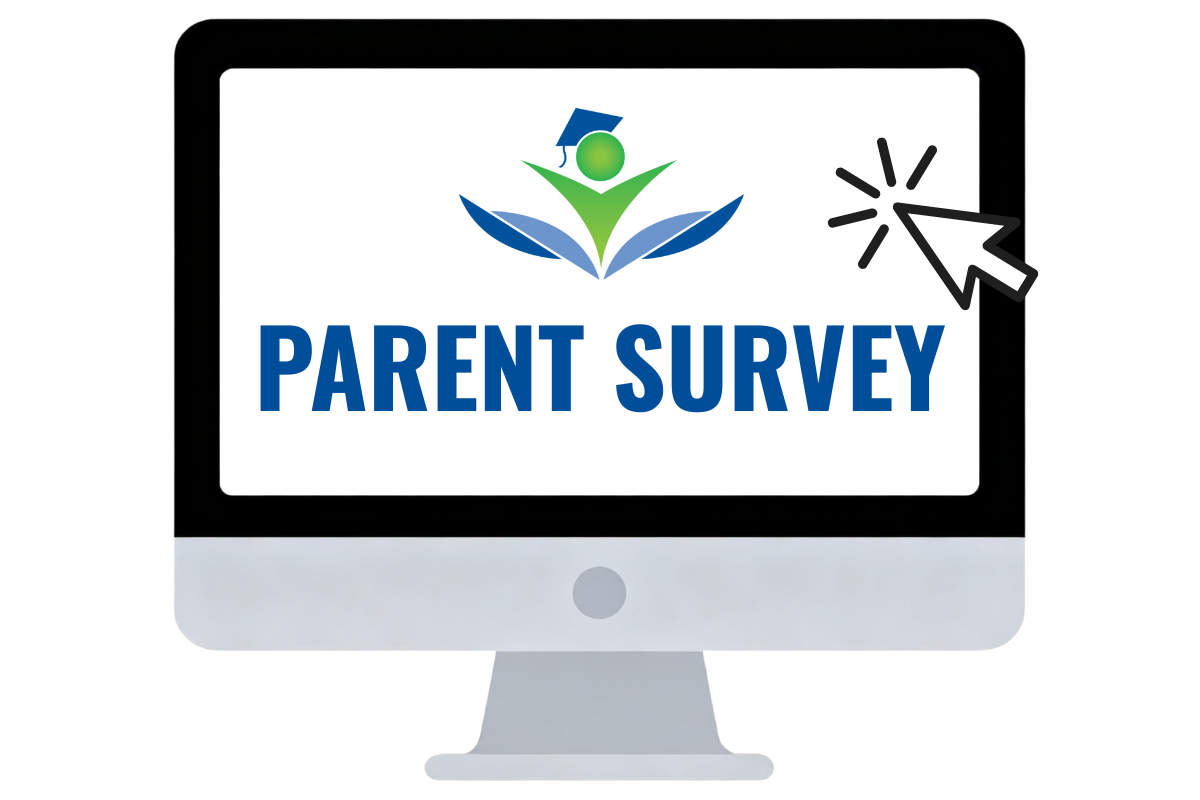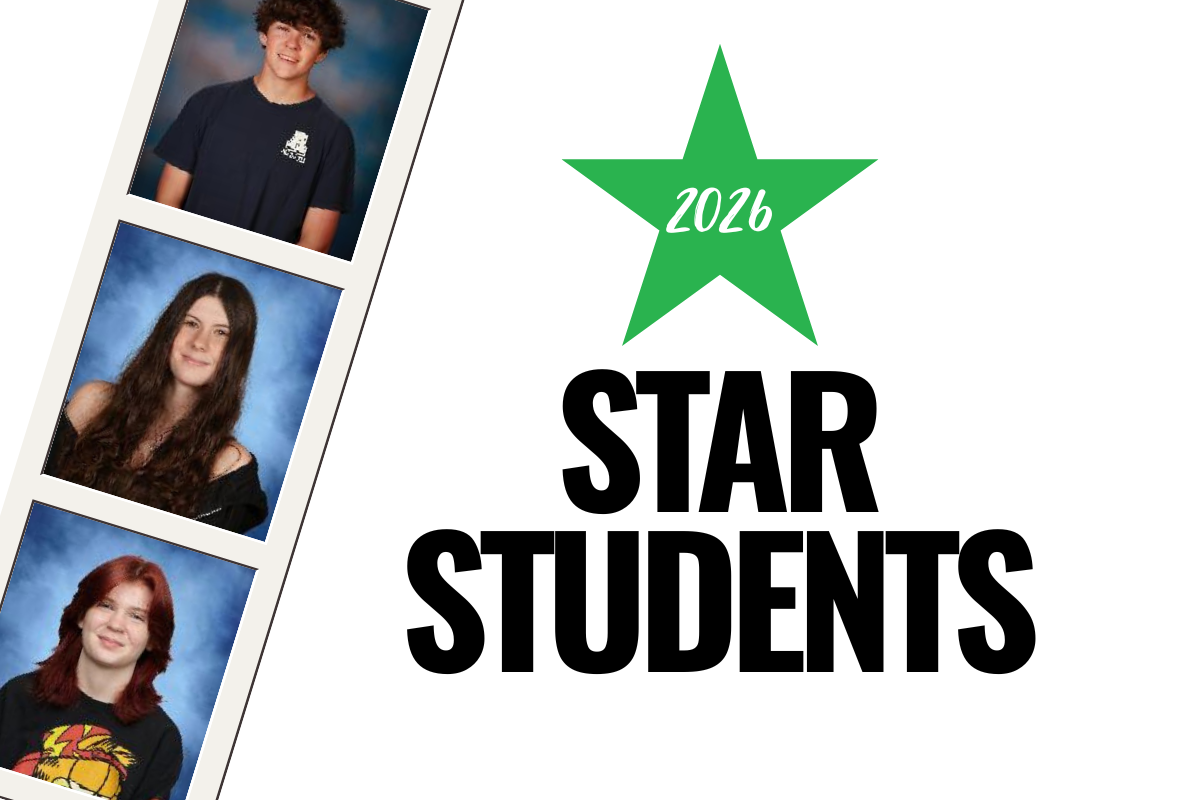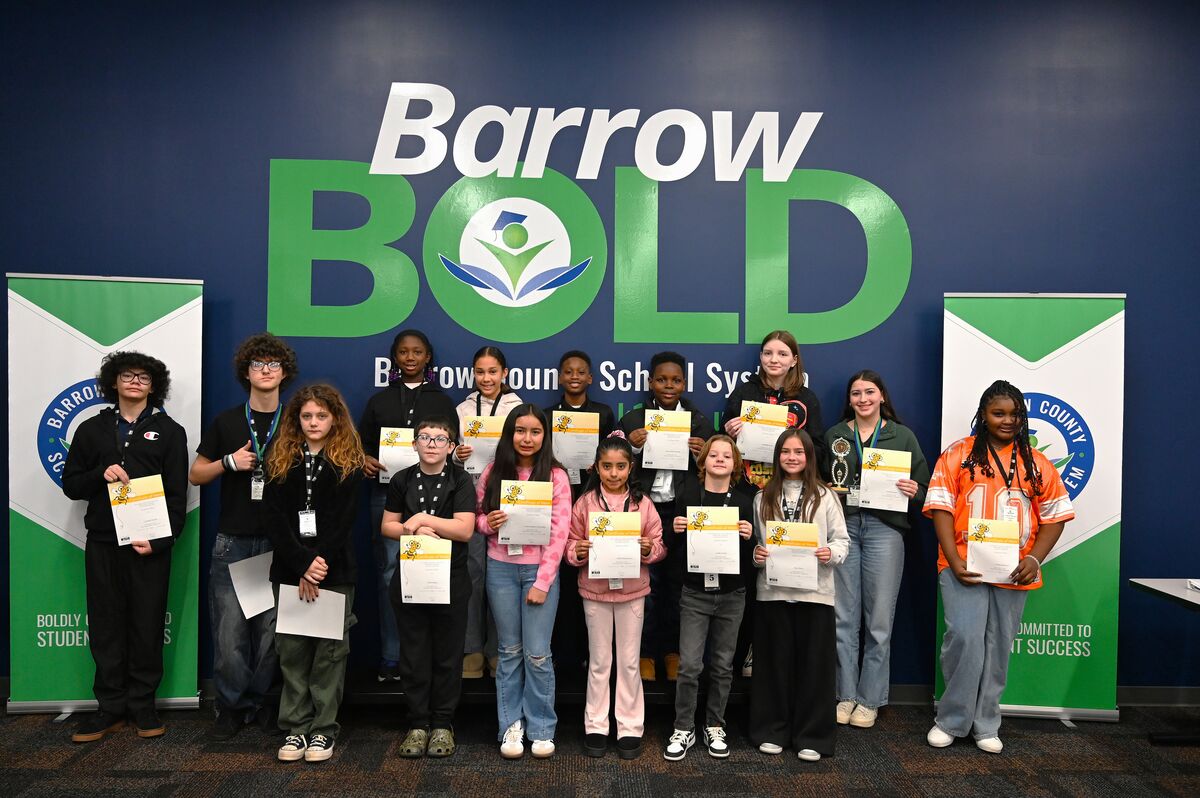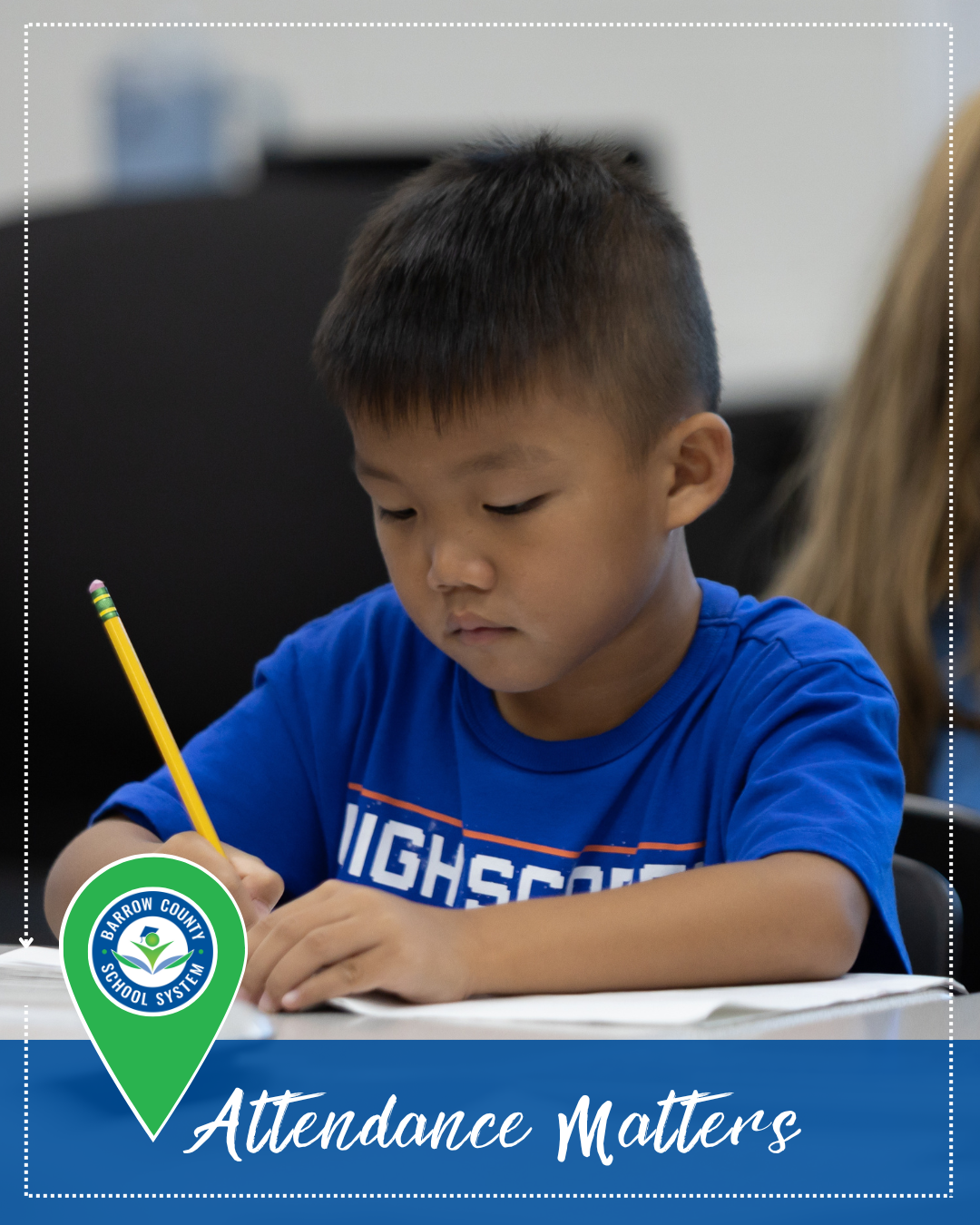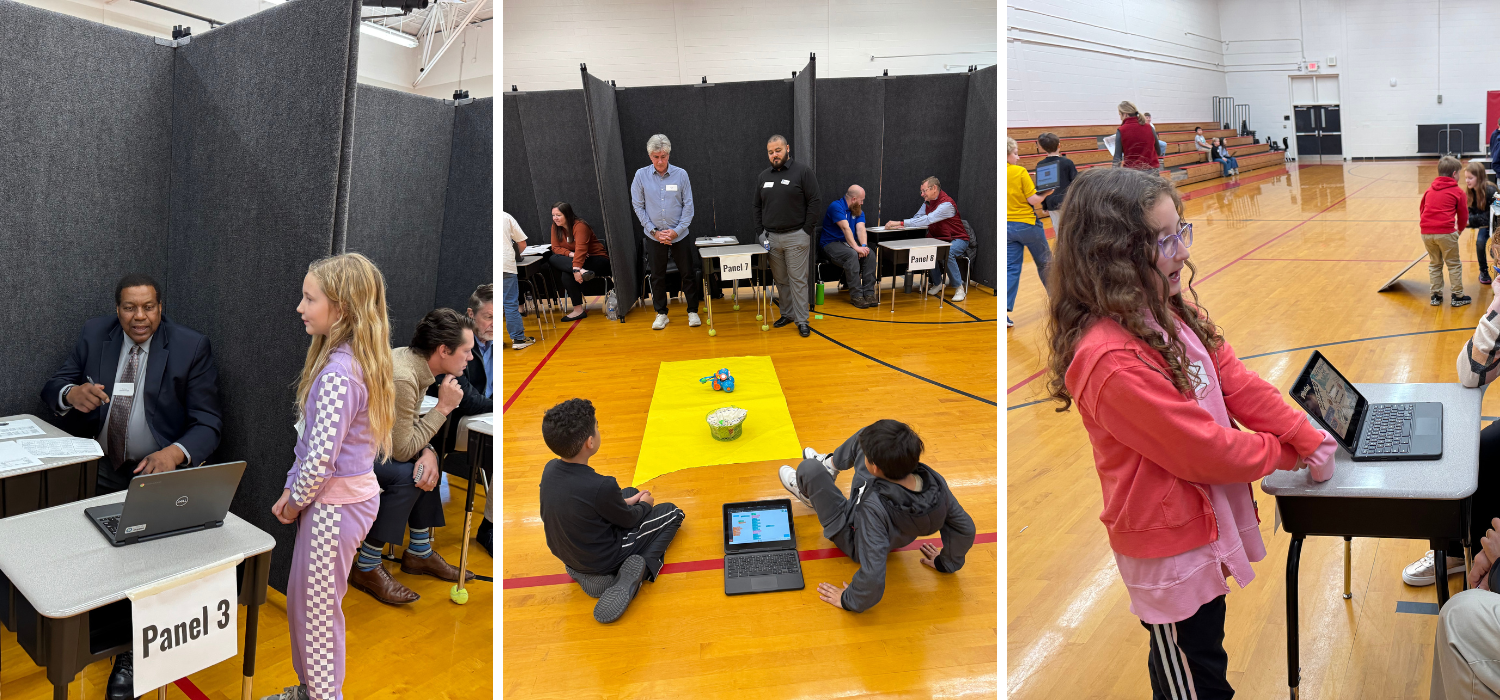- Search
- Home
-
About
-
Academics
- Academics Home
-
Academic Competitions
- Elementary Education
- Gifted Program
- Secondary Education
-
CTAE
- CTAE Pathway Guide
- Agriculture
- Architecture
- Arts, A/V,Communications
- Business, Managment, and Administration
- Career Ready Diploma
- Education and Training
- Flow Chart
- Government & Public Administration
- Health Science
- Hospitatlity & Tourism
- Human Services
- Information Technology
- Law & Public Safety
- Manufacturing
- Marketing
- Science, Technology, Engineering, and Math
- Transportation, Distribution & Logistics
- CTAE Advisory Committee
-
Dual Enrollment
-
Federal Programs
-
Pre-K
-
Special Education
-
Work Based Learning
- CFIT
-
Board of Education
-
Community
-
Departments
-
Families
- Families Home
- Barrow BOLD Parents
- Bell Times
- Bolder Together
- BOLDer Together Resources
- Child Abuse Mandated Reporter Training
- Cohorts in Parent Portal
- LMS Parent Role
- Open House Information
- Parent FAQ
- Parent Portal
- Report Cards and Grades in Parent Portal
- Resolution Process
- Student Rights
- Summer Camps
-
Students
- Attendance
- Calendar
-
Schools
-
High Schools
-
Middle Schools
-
Elementary Schools
-
Programs
-












